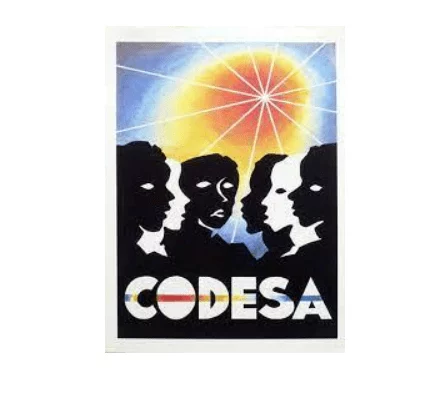Could it be plausibly true that South Africa is becoming a country at war with itself, with all tiers of governance disintegrating, and where war talk is on the ascendancy, trumping principles of social contract?
At the onset of constitutional democracy in 1994, there was a solemn contract the country signed, albeit tacitly, that we would work together, black and white, across political lines and religious barriers, to rebuild a new future.
The social contract would undergird the constitution, the highest law in the land, and would have its shining pearls manifest in the Bill of Rights, encompassing all diverse communities in the country – and affirming democratic values of human dignity, equality and freedom.
But the promised land of honey and milk seems to dissipate, with social contract of the people, and agreements contained in it, undermined by bad governance, poverty, unemployment, wanton destruction of property, lack of service delivery, disrespect for authority and law, corruption and malfeasance.
The country is in a state of nature. English philosopher Thomas Hobbes describes a “state of nature”, as a state of affairs where government is absent, allowing everything, whether good or bad, to thrive.
The Convention for a Democratic South Africa (Codesa) might have been imperfect, with all its perceived or real deficiencies, but it became an all-party vehicle between 1991 and 1993 towards forging a framework upon which a new constitutional democracy would develop. Today, more than 30 years after Codesa, glaring cracks of discontent are showing.
Social contract in the country is undermined not only by political formations on the far-left or far-right of the political spectra; it is also undermined by other factors – bad governance; internal battles bugging the ANC; poor management of the economy; spiking unemployment rate contributing to a restive citizenry; indecisive leadership, among others.
Recently the country’s parliament was gutted – a poor reflection on the country’s surveillance and intelligence capabilities.
In Durban, KwaZulu-Natal, more than a year ago, property and merchandise was extensively destroyed, amounting to billions of rand by alleged supporters of former president Jacob Zuma, angered by his incarceration following his conviction by the Constitutional Court for contempt of court for refusing to testify in the Zondo commission.
The July 2021 KZN conflagration, with a death toll of more than 300, has shown weaknesses in our political system, and the poor understanding by the populace of how democratic states ought to work.
The rallying cry, “we will die for Zuma” or “wenzeni uZuma”, is an illustration of ignorance, and how concepts such “legality”, “the rule of law” and “democracy”, are misunderstood by many in our communities.
Former health minister Dr Zweli Mkhize seeks election in the upcoming ANC national conference to serve as president of the ANC, yet he is implicated in allegations of malfeasance and corruption.
What are we to read in this political posture? Does he not subscribe to the step-aside rule of his own organisation?
And what about President Cyril Ramaphosa? Does he not appreciate the severity of the facts surrounding the Phala Phala debacle?
What about his sacred “Thuma Mina” maxim, a kind of holy grail that caused millions of voters in 2019 to put a cross next to his image because of their trust in his leadership?
Was it hard for the president to bite the bullet, and tell the nation: “I did not commit a crime, but there has been a lapse of judgment on my part. I apologise.”
Small things such as “I am sorry” are a hallmark of good leadership.
Denialism and obfuscation are traits of weak leadership, and a slap on the face on those who placed trust in him.
Deputy State Security Minister Zizi Kodwa was cited in the Zondo commission report, and found to have been “beholden” and “financially indebted” to a former executive of an IT company, EOH, for donations channelled through the ANC coffers in exchange for the City of Johannesburg tender awards.
Leadership weaknesses point to a breakdown of trust, which men and women at Codesa 30 years ago sought to inculcate for the smooth running of government in a constitutional democracy. Now that trust dissipates.
- Mdhlela is a freelance journalist, Anglican priest, ex-trade unionist and former publications editor of the SA Human Rights Commission journals
Follow @SundayWorldZA on Twitter and @sundayworldza on Instagram, or like our Facebook Page, Sunday World, by clicking here for the latest breaking news in South Africa. To Subscribe to Sunday World, click here



